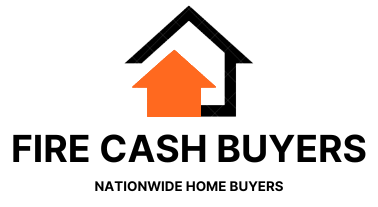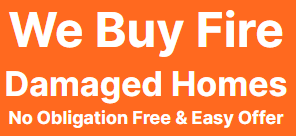Do Furnaces Cause House Fires [You'll Be Surprised]
Furnaces, much like charred grills, fireworks, fireplaces, stoves, and campfires, are dangerous heating appliances to have in your home. They can start fires and put homeowners at risk of carbon monoxide poisoning if not maintained properly with necessary safety features. Embers and ashes from these sources can also contribute to a potential blaze. It is crucial for homeowners to have the knowledge and take the appropriate steps to ensure their safety.
In most cases, the actual fire is caused by a problem with the insulation in your home, just like ashes from fireplaces or stoves. The insulation should be replaced every 25 years to keep your house safe, similar to how you properly extinguish campfire embers before leaving your site. With the weather in mind, homeowners should also consider the installation of AC systems for replacement or as an alternative cooling method to prevent condensation issues.
When a furnace goes bad, it can cause a house fire because it produces heat that melts the insulation and causes it to become an open flame, like the residue left on grills or the embers of fireplaces and campfires. It can start a fire that spreads through the rest of your home, turning a once cozy room into a dangerous blaze.
Air conditioning, paired with a humidifier, can provide a safer alternative to furnaces for maintaining a comfortable home environment.
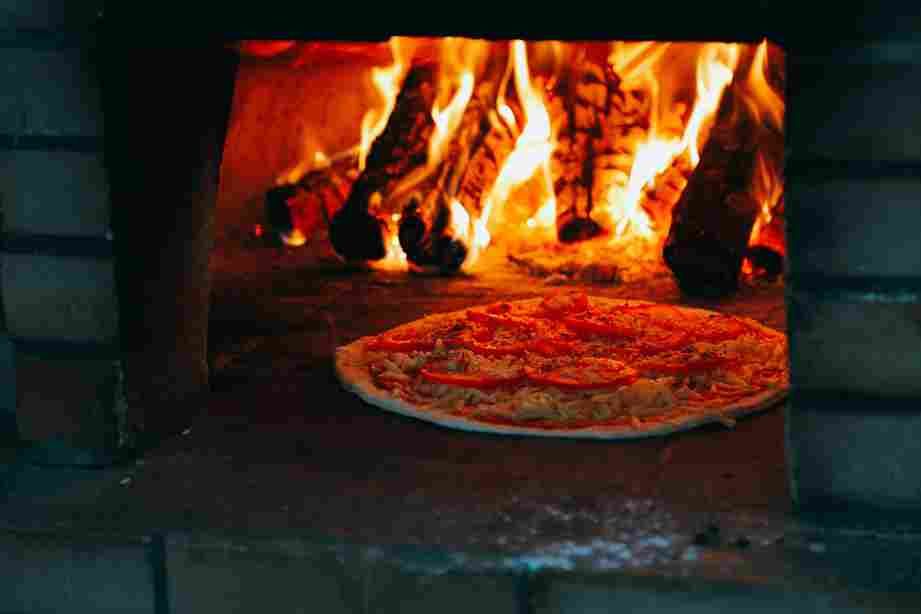
How do Furnaces Cause Home Fires?
Furnaces can cause house fires due to combustion and are a source of carbon monoxide and other toxic gases, much like improperly extinguished campfires or fireplaces with poor ventilation.
Combustion occurs when fuel is burned. Furnace combustion is a result of a series of chemical reactions that takes place in the furnace's burner assembly, similar to the process in campfires or fireplaces. The heat from the flame causes air to be drawn into the stove through an intake duct and then heated using convection from the burner itself. The air passes over a heated surface at the bottom of the furnace, mixed with more air from outside.
The oxygen from outside mixed with this heated air becomes combustible and will burn if exposed to sufficient heat for long enough periods. It can cause fires in homes if there are no proper controls over airflow or poor ventilation paths leading up to the area where an open flame is burning, like when embers from fireplaces or campfires are neglected. With this in mind, homeowners must prioritize proper ventilation and airflow, which can be achieved by the installation of a functional AC system.
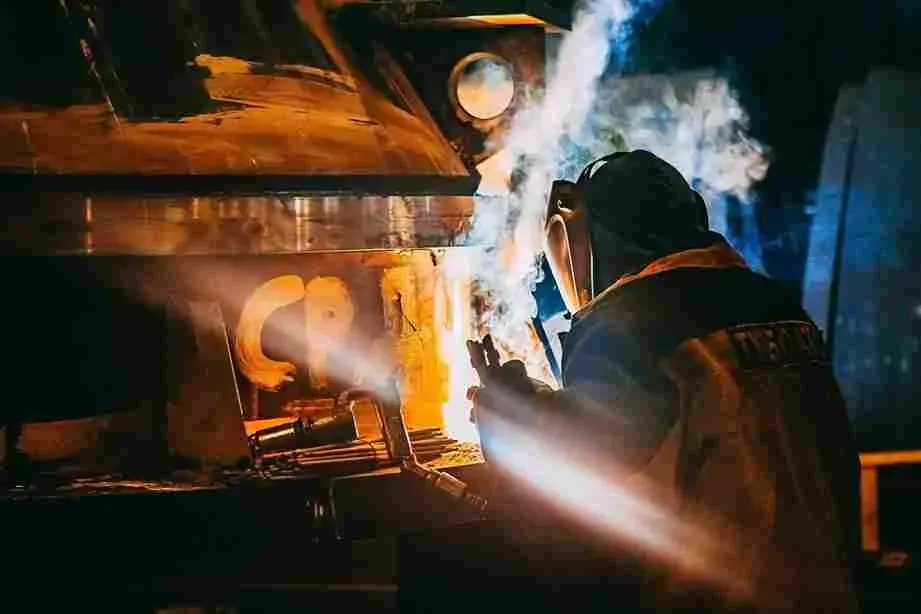
What Are Common Causes Of Furnace Fires?
Four different factors can cause furnace fire:
Blocked Air Filter
Having a dirty furnace filter reduces your heating system's efficiency, reliability, and protection. Additionally, airborne contaminants are allowed into your system, causing it to work harder and overheat. Overheating can lead to a fire in the motorcycle, similar to how unattended fires from fireplaces or campfires can pose threats.
Carbon Monoxide Leaks
Carbon monoxide is produced when combustible fuels are burned in furnaces, much like in fireplaces and campfires. If this heating equipment functions correctly, the flammable gas is vented outside the home through the flue. Carbon monoxide can accumulate inside a furnace and burst into flames when cracked heat exchanger components allow leaks.
High Gas Pressure
Gas furnaces produce safe, steady heat when they combine a balanced mixture of gas and oxygen in the combustion chamber at specific pressures based on the model of the furnace, just like well-controlled campfires. By keeping these potential hazards in mind, homeowners can ensure a safe and comfortable living environment.In the heat exchanger, too much pressure causes excessive temperatures and the buildup of flammable soot or even dirt. It's crucial to have regular professional service to repair and maintain the exchanger to guarantee its optimal operation.
Overheating Motor Parts
Overheating furnace parts is a serious fire risk, like when fireplaces or campfires are not properly attended to. Common issues include faulty wiring, high voltage, dry motor bearings, and restricted airflow, which can cause excessive heat in the motor. The chances of these issues occurring can often be reduced with the use of the right materials and ensuring proper maintenance to prevent corrosion and the potential for a leak.
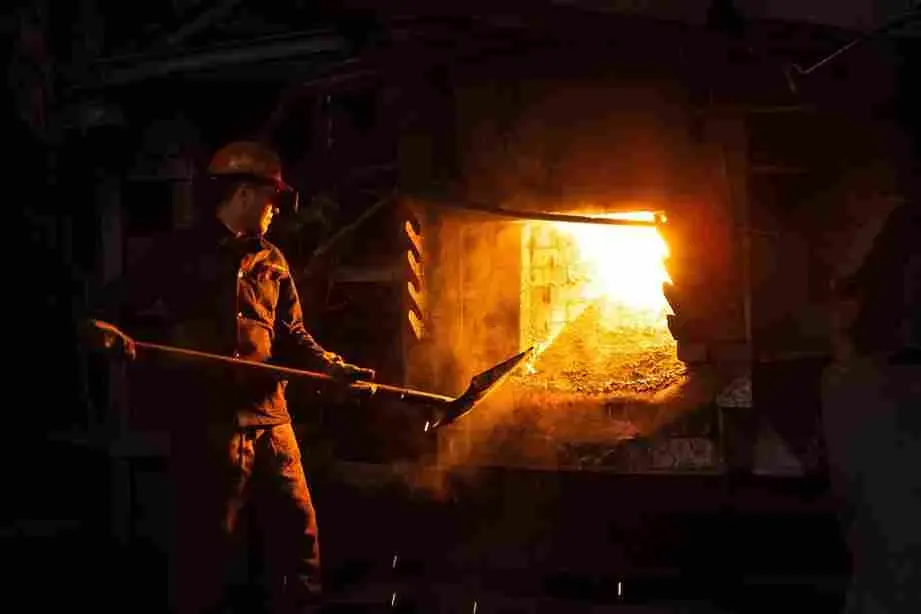
Is It Ok To Leave An Furnaces On All Night?
Never leave the heater furnaces unattended, just like with fireplaces, campfires, or grills. If you leave the room or go to bed, turn it off and unplug the heater, so you don't get poisoned by carbon monoxide. When there is too much carbon monoxide in the room, you can experience headaches, abdominal pain, dizziness, vomiting, nausea, discomfort, and weakness, much like the effects of smoldering fires or lingering ashes.
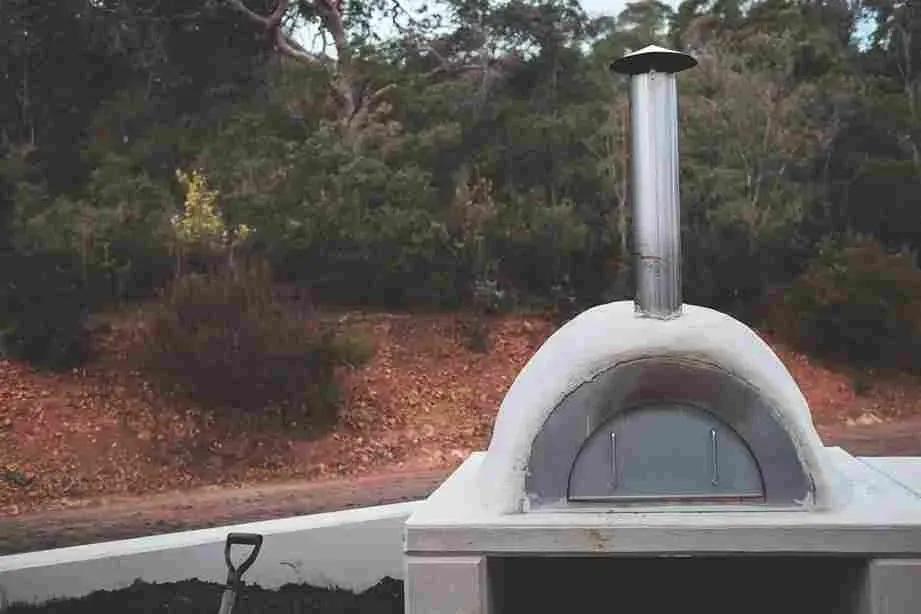
Can heating vents cause fires?
Yes, because the vent is a direct path for airflow in and out of your home, similar to fireplaces, making it crucial to ensure adequate ventilation for safety. It is essential to keep vents clear and unobstructed, as they are not only an excellent method of ventilation but also a potential source of fire hazards. If a vent becomes blocked with debris, or obstructions, or is not installed correctly, it could result in an unsafe condition within your home. Blocked vents can also lead to cracks in the walls, further increasing the health risk. One thing to consider in maintaining your vents is to check for signs of damage, such as water leaks, and ensure that your heat pump is functioning correctly.
WE CAN HELP WITH ANY SITUATION AND WE'RE READY TO GIVE YOU A FAIR CASH OFFER!
Enter Your Information Below it is Quick, Easy & Free!
Get Cash Offer
How Do You Know If Your Furnace Is Overheating?
Overheating a furnace can cause the following symptoms:
Frequent on/off cycles:
Your furnace is running nonstop, causing your home to heat up and cool down repeatedly.
Noisy furnace:
Even when the gas valve is turned off, it can still produce noise because of its internal components. If a furnace has this type of noise and no pilot light, it's time to replace it!
Restricted airflow:
You may have a new or repaired damper restricting airflow in your home. The best way to determine if this is happening is by checking for drafts in your attic.
Short cycling:
This indicates that your furnace isn't getting enough air into the house or that it's not heating up enough as needed. Regular maintenance and professional repair can help to address these issues and keep your furnace in good working order. It could also be caused by other issues such as dirty filters or clogged vents, malfunctioning blower motor, or problems with the gas furnace. Noises and strange smells coming from the furnace are also good reasons to look into its functioning.
End of lifecycle:
If your furnace isn't working properly anymore, it's time to replace it and save money on repairs in the long run!
What Are Home Furnaces Safety Tips?
Home furnaces are a vital part of our daily lives. They heat the home, making it warmer and more comfortable for us to live in. But there is a risk of fire from a furnace that you may not think about. Here are some safety tips to keep your home safe:
HVAC Maintenance Tips:
Make sure you have regular maintenance done on your HVAC system. It will include checking the filters, ensuring there's no debris around the furnace, checking the temperature gauge, and more. These services are important for various reasons, one of which is preventing fires.
Check All Smoke Alarm:
If you have an alarm system in your home, ensure it's working correctly. A broken smoke alarm can be a real danger if it goes off when no one's around or if it goes off when people are sleeping or having fun in their homes. Ensure all smoke alarms are working correctly before the holidays so that you don't have surprises when everyone comes home from being away for several days at once.
Installing Carbon Monoxide Detectors:
A carbon monoxide detector (CO detector) is essential for every home. If you forget to install one, your furnace can release toxic fumes into your home and cause respiratory problems for you and your family.
Open Area Around Furnace:
The area around the furnace should be clear of any items that can fall over and get in the way of airflow. It includes debris, boxes, and furniture. Any items that could impede airflow should be moved away from the floor where the air intakes are located at the bottom of the furnace.
Frequently Replace Air Filters:
If your furnace doesn't have an automatic clean filter, change the air filter regularly to prevent the buildup of dust and debris that can cause fires in your home's heating system.
How Do You Stop A Furnace Fire?
Four simple tips can help prevent dangerous fire situations:
- Make sure your air filter is changed regularly.
- Maintain a clear furnace flue.
- Make sure a flame rollout switch is installed as a safety device.
- Furnace maintenance should be scheduled annually.

Happy Customers



